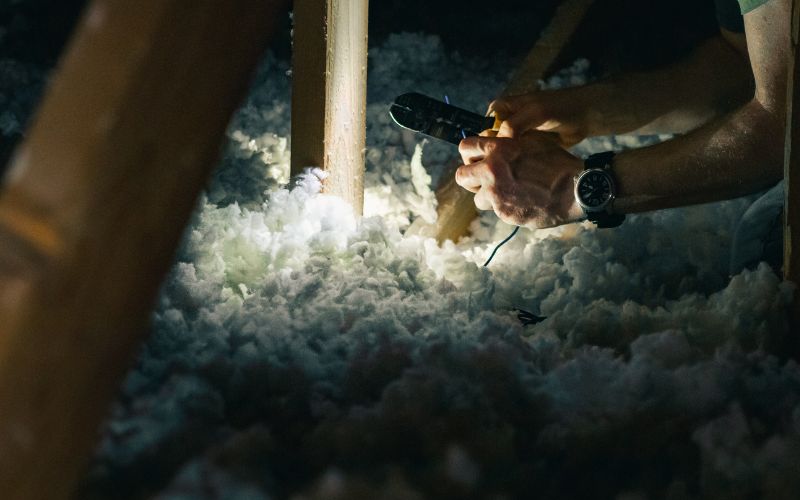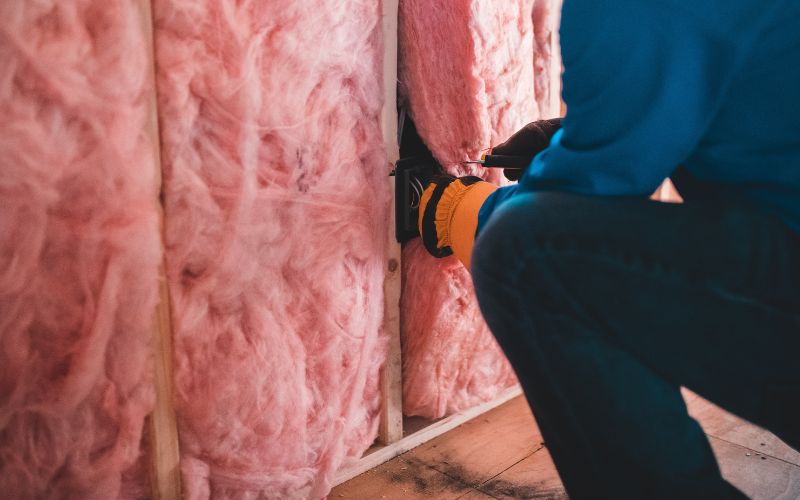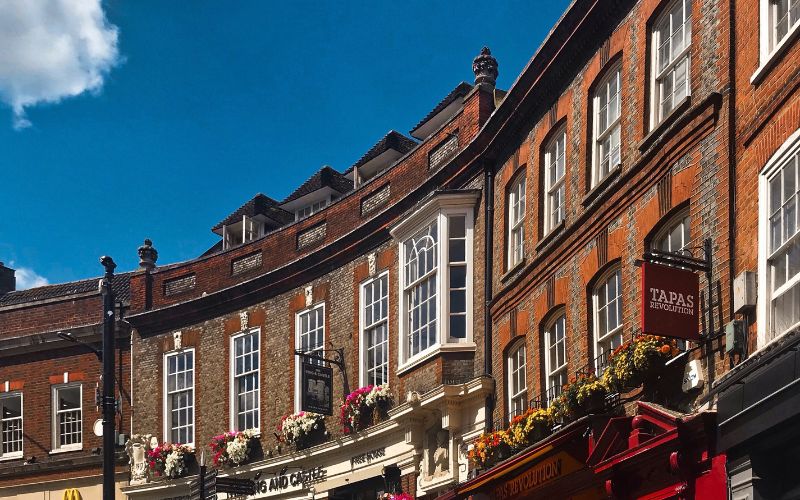Awaab's Law
Awaab’s Law is an amendment to the Social Housing (Regulation) Bill which enforces a clampdown on damp and mould issues.
According to Awaab’s Law, social housing landlords MUST investigate complaints and fix any problems within a strict time frame.
Housing Secretary, Michael Gove, announced the amendment back in February – which has since been implemented.
The law now gives the Housing Ombudsman new powers to assist landlords with improvement works ensuring cases, like Awaab Ishak, never happen again.
Understanding Awaab's Law
Awaab's Law mandates enhanced building standards to prevent and control mould growth in both new and existing properties.
This includes improved ventilation systems, moisture barriers, and insulation to minimise the occurrence of dampness, condensation, and subsequent mould formation.
The law clarifies the responsibilities of landlords, property managers, and tenants in addressing mould issues.
It outlines specific obligations for property owners to regularly inspect, maintain, and promptly remediate any mould-related problems.
Tenants are also required to report issues promptly and allow access for inspections and remediation. The goal is to discourage negligence or substandard practices.
Mould in your property
Mould is a form of fungus that can be found in damp areas of a building. It’s not uncommon to find mould within a home or workplace, as it thrives off moisture and warm air.
From schools, shops, and museums to industrial warehouses, offices, and residential houses, every type of property has the potential to host mould. This is because it feeds off materials such as carpet, wood, and wallpaper.
The fungus comes in the form of black, white, or green coloured patches - accompanied by a damp, musty smell.
Mould can sometimes appear to have a ‘fuzzy’ texture, spewing spores and other kinds of "volatile organic compounds" into the atmosphere.
If left unchecked and unattended, exposure to mould over a long period of time can lead to significant health problems such as respiratory complications and, in Awaab Ishak's case, death.
The law places significant emphasis on educating the public about the health risks associated with mould exposure and the importance of preventive measures.
How Awaab's Law aims to help
By addressing the root causes of mould growth and enforcing rigorous remediation practices, the law aims to enhance the health and well-being of social housing tenants.
Reduced exposure to mould can prevent respiratory problems, allergies, asthma, and other health complications caused by indoor mould.
Addressing mould as soon as it arises helps preserve the structural integrity of the building, preventing damage to walls, ceilings, and other surfaces.
This not only preserves property value but also reduces maintenance costs for landlords and property owners.
Awaab's Law creates a clear framework of responsibilities for landlords and tenants. This increased accountability ensures everyone plays their part in preventing and addressing mould issues promptly.
Who is Awaab Ishak?
Awaab Ishak was a two-year-old boy who lived with his family in a social housing property managed by Rochdale Boroughwide Housing (RBH).
For months Awaab's parents had voiced their concerns over the amount of mould growing in their home, fearing for their health and the wellbeing of their toddler.
The issue had been repeatedly raised with RBH, however, no action was ever taken. This would later take a tragic toll on the two year old.
Awaab was rushed to an Urgent Care Centre in December 2022 with shortness of breath, but was later discharged.
Upon his return home, Awaab's health declined further and his parents were advised by the community nurse to take him back for urgent treatment.
Awaab went into respiratory and cardiac arrest on the way to the hospital and died upon arrival.
An inquest into Awaab’s death found that he had suffered from a severe respiratory condition caused by prolonged exposure to mould in his home.
The Government have since blocked any funding going to Rochdale Boroughwide Housing until they prove themselves as a responsible landlord.
Who are we?
Our team of Chartered Building Surveyors are working closely with property owners, local authorities, landlords, and social housing providers across London and the South Coast to promptly eradicate any traces of mould and enforce successful measures in preventing mould from future development.
Read more about our solutions here:
Technical due diligence
Project management
Dilapidations consulting
Cost management
Monitoring Surveying
Party Wall
Contract Administration
Planned Preventative Maintenance
Alternatively, email us at enquiries@sillencehurn.co.uk or call our Southampton team on 02380 014786 or London at 020 3143 2128




